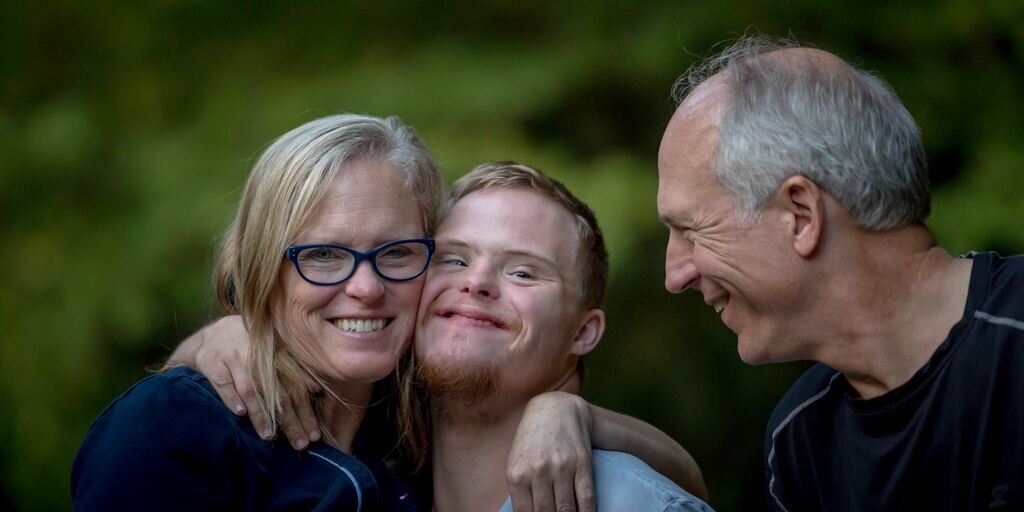
Why Your Child Might See A Psychiatrist In Brooklyn
Mental health problems in children present a variety of symptoms that parents should always be on the lookout for. If you suspect that your child may be struggling with a mental problem, the best thing you can do is consult a psychiatrist in Brooklyn for professional diagnosis and treatment. As a parent, however, you may be wondering why your child may need a psychiatrist. Here are some of the signs that may make finding psychiatric support for your child critical.
General Anxiety
While it is okay for a child to be anxious at particular moments (such as before they sit for a major exam), chronic anxiety is a negative thing and may require medical intervention. One sign that could indicate your child is suffering from an anxiety disorder is the constant need to seek information on issues that may not directly affect them or that have little to no chance of ever affecting them. Seeking information is a way of coping with anxiety as one seeks to reassure themselves that one can handle whatever they are afraid of. This behavior can affect other aspects of the child’s life such as their education, social life, and so on. If anxiety is affecting the quality of life that your child lives, it might be time to get help from a child psychiatrist.
Changes In Sleep Patterns
Another indicator that your child may need to see a psychiatrist is if you notice changes in their sleep behavior. This could be in two ways. The child may struggle to sleep, which can be an indicator of anxiety, drug use, or a number of other problems that require professional intervention. They may also sleep more than they used to which could also be an indicator of any number of mental or behavioral problems. If you notice changes in your child’s sleep patterns, it is always a good idea to see a child psychiatrist in order to assess what the child may be experiencing and intervene if any psychiatric problems are noticed.
Changes In Social Activities
Just like changes in sleep patterns, unexplained changes in the social dynamic of the child may be an indicator of mental problems and could require professional intervention. A good example is a child who suddenly isolates themselves from friends and siblings without any obvious reason. A child who had few friends may also suddenly become overly social even with peers that he or she would not normally fraternize with. While there are reasonable explanations for these behaviors, it is the sudden, unexplained shift that is often the red flag. In such a case, a child psychiatrist can assess the child and understand what are the issues that are driving this shift in behavior.
Clinginess
If a child who was previously independent becomes suddenly clingy, it could be an indicator that they are struggling with a mental problem. Such behavior could be an indicator of anxiety and a child psychiatrist will help them to get to the root of the problem. Treatment may include building the child’s self-confidence by changing how the child perceives the surrounding environment.










